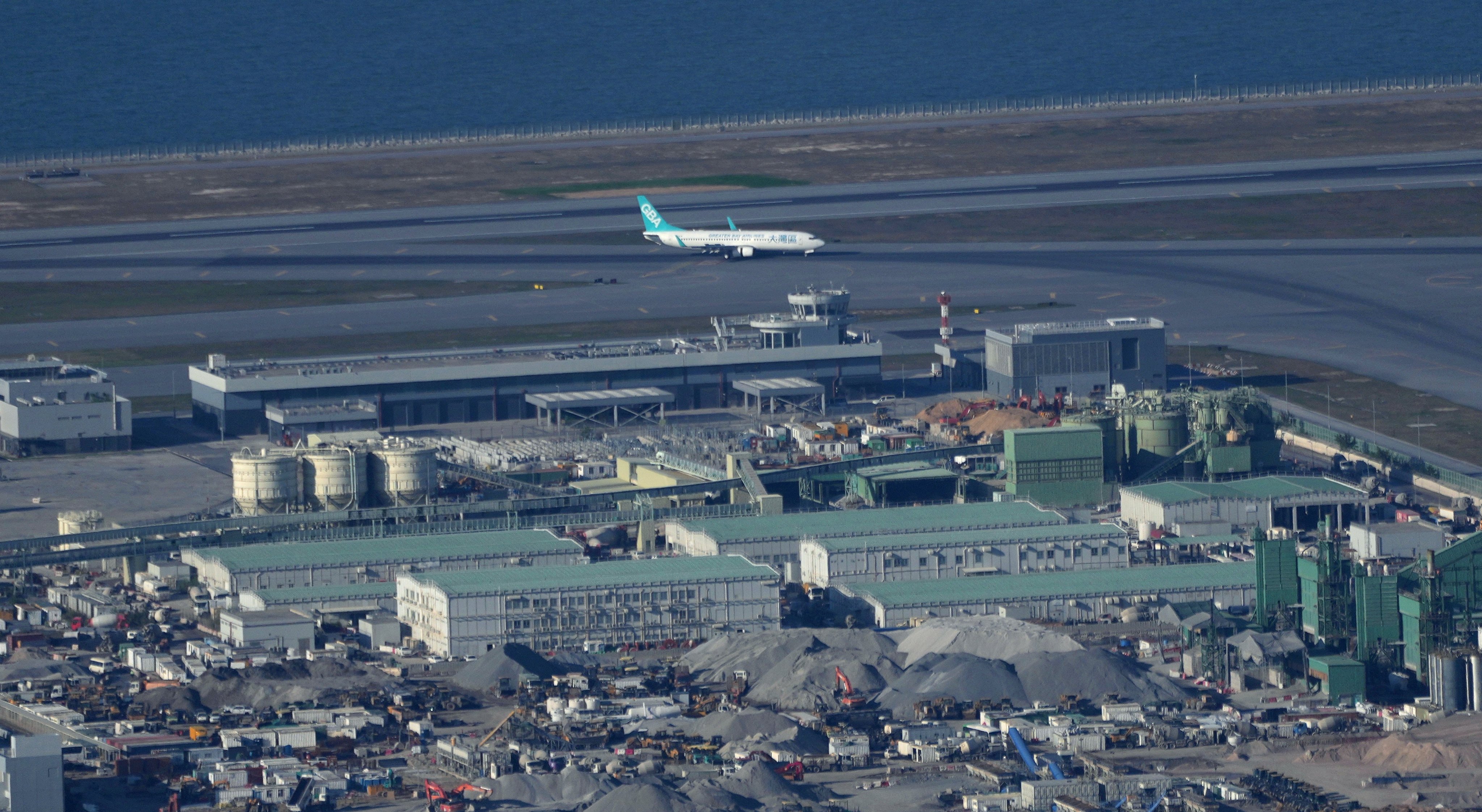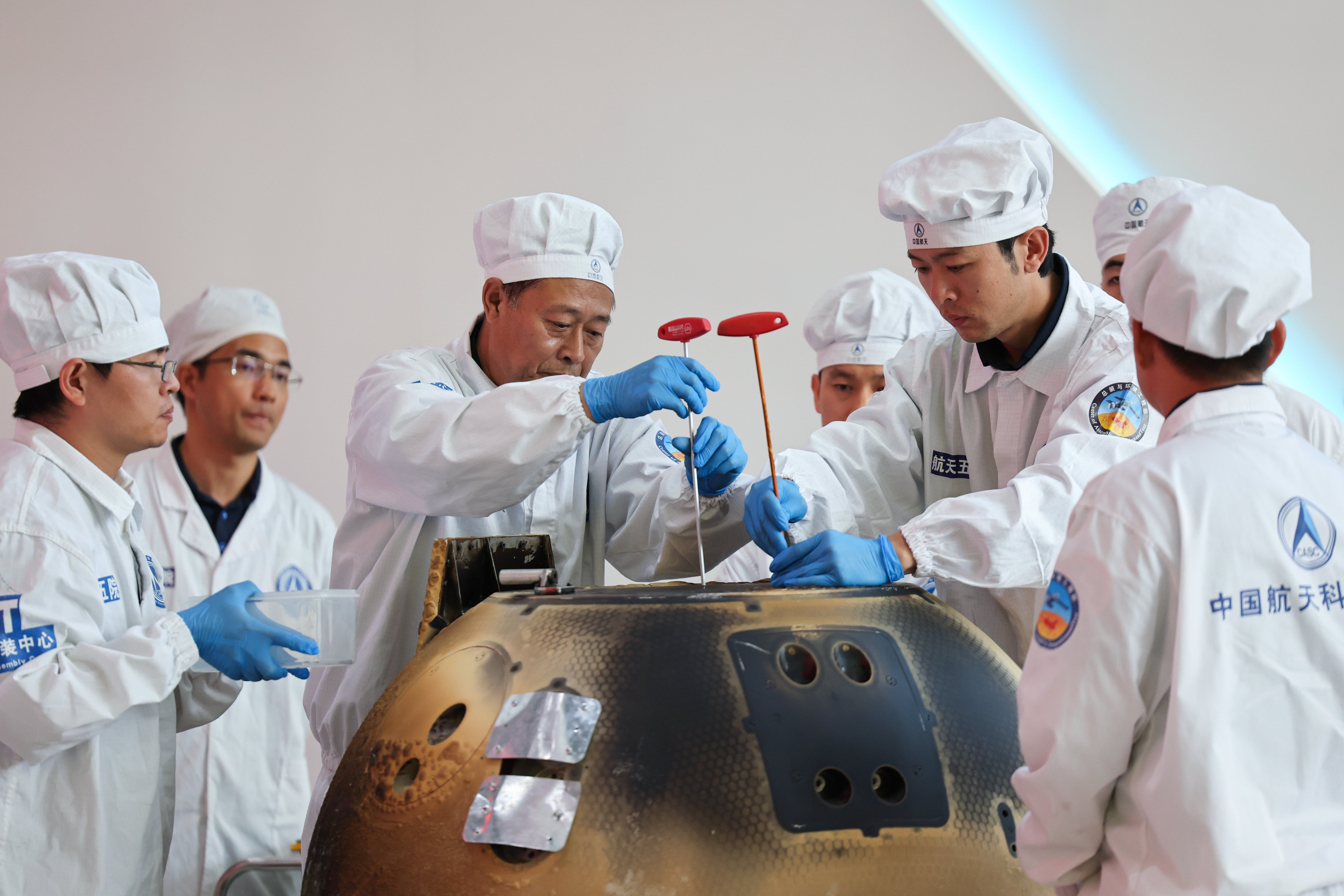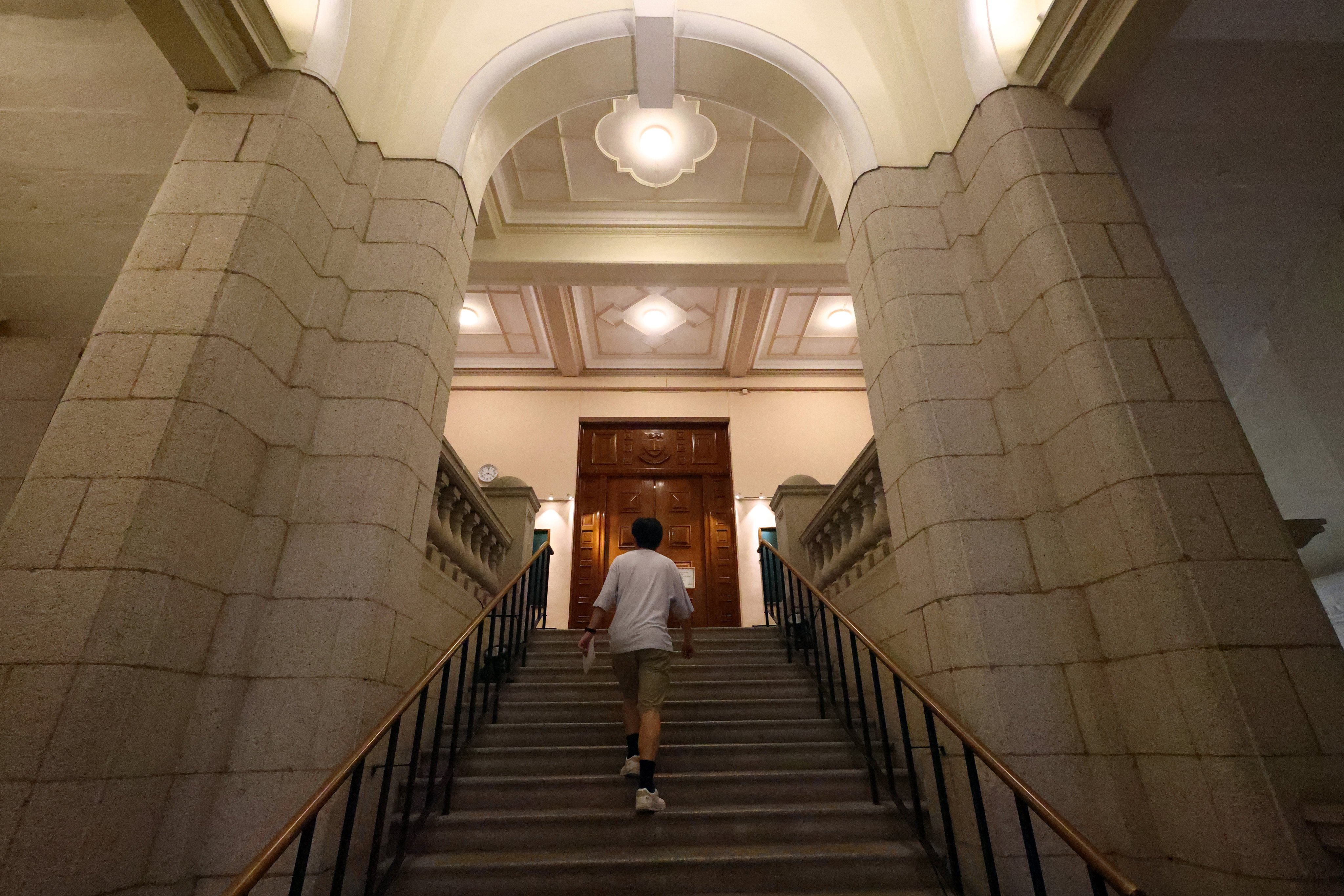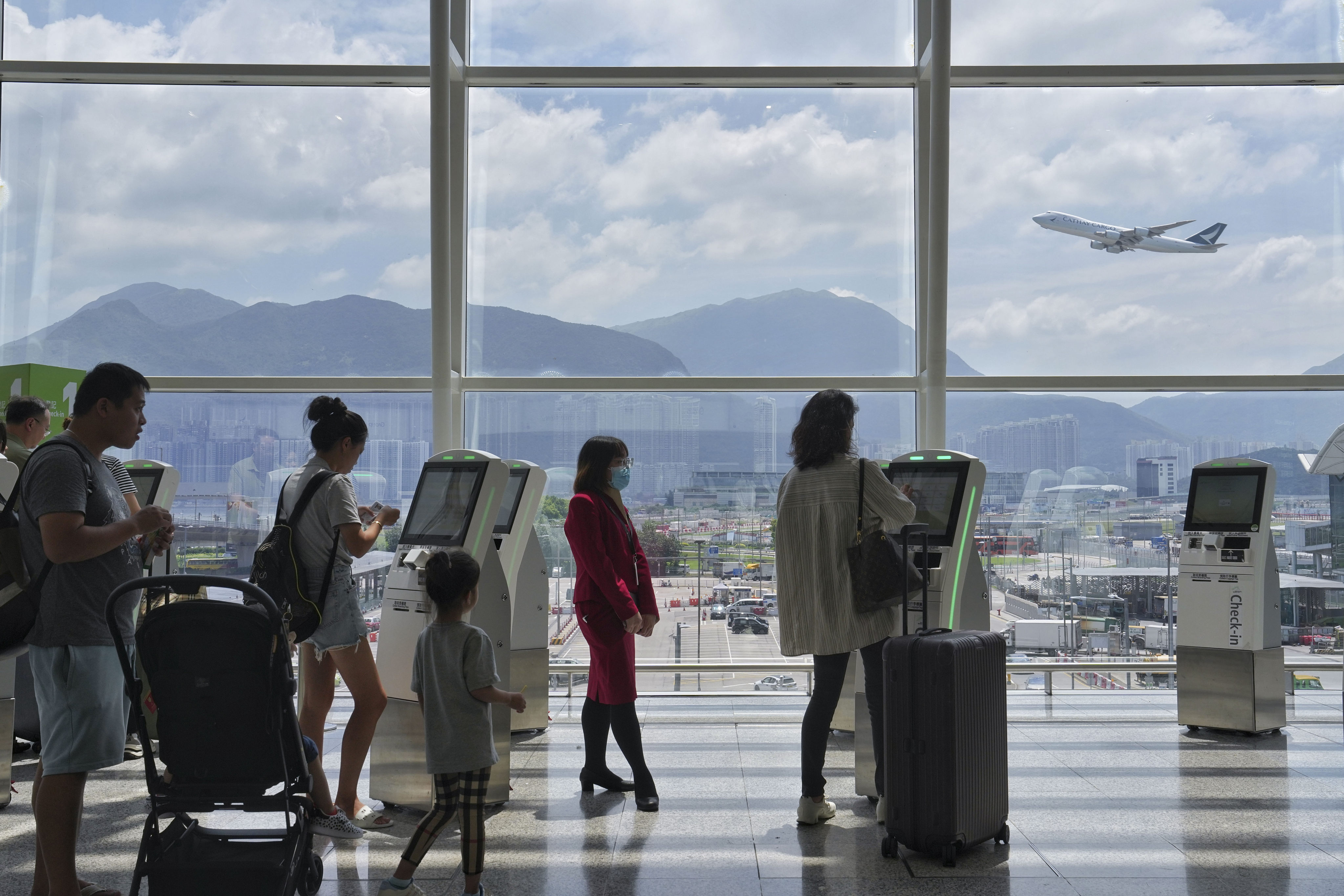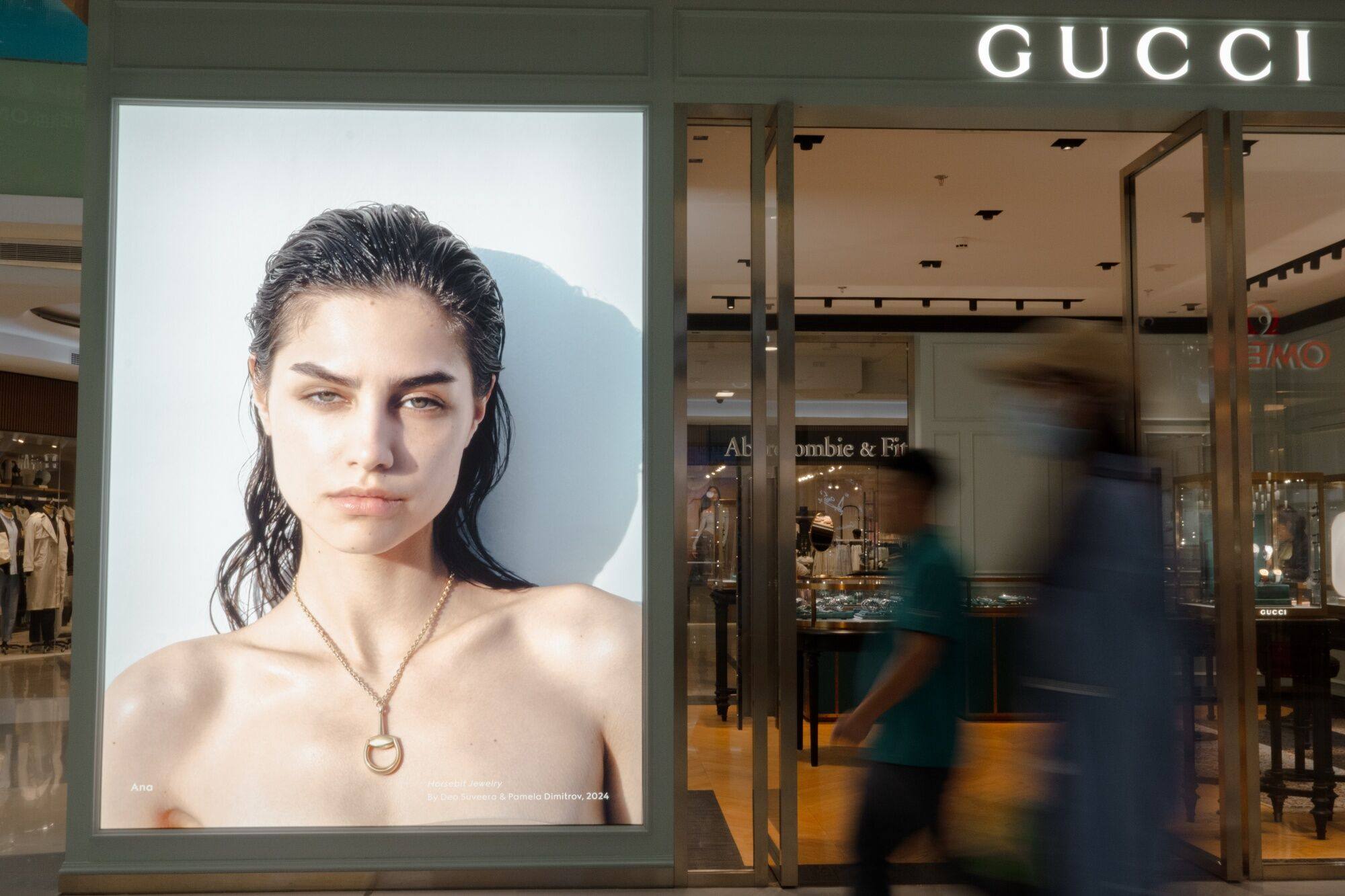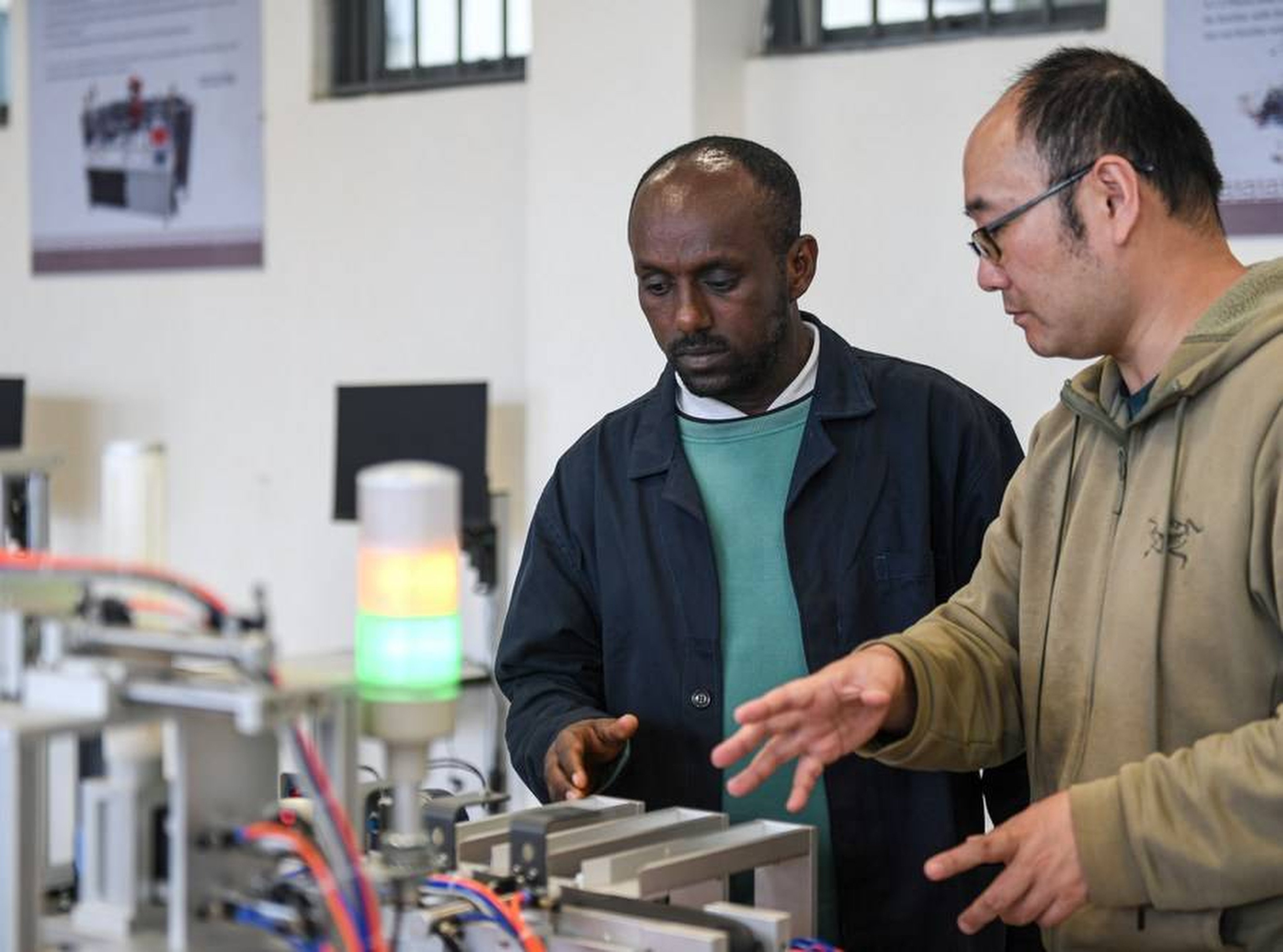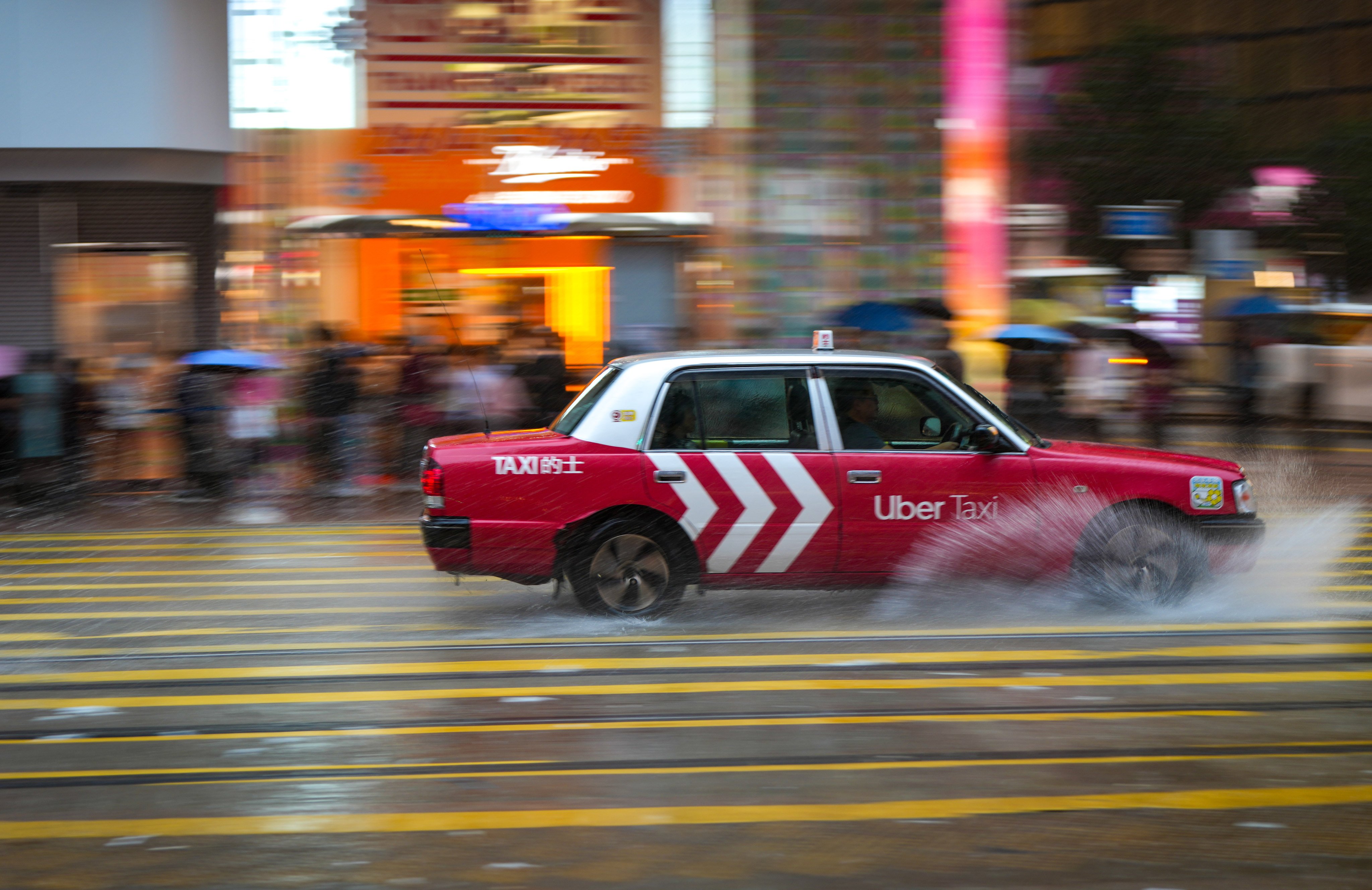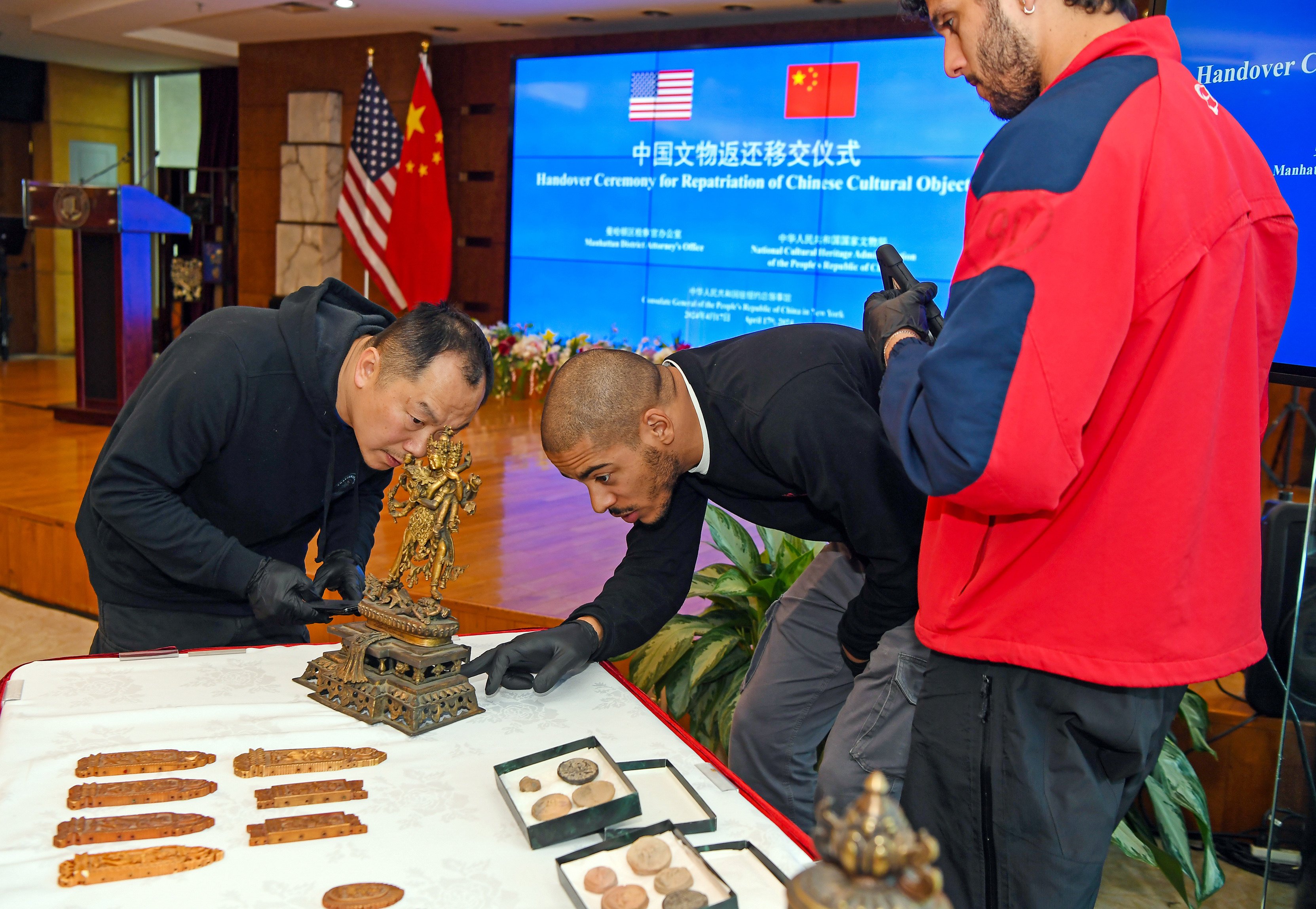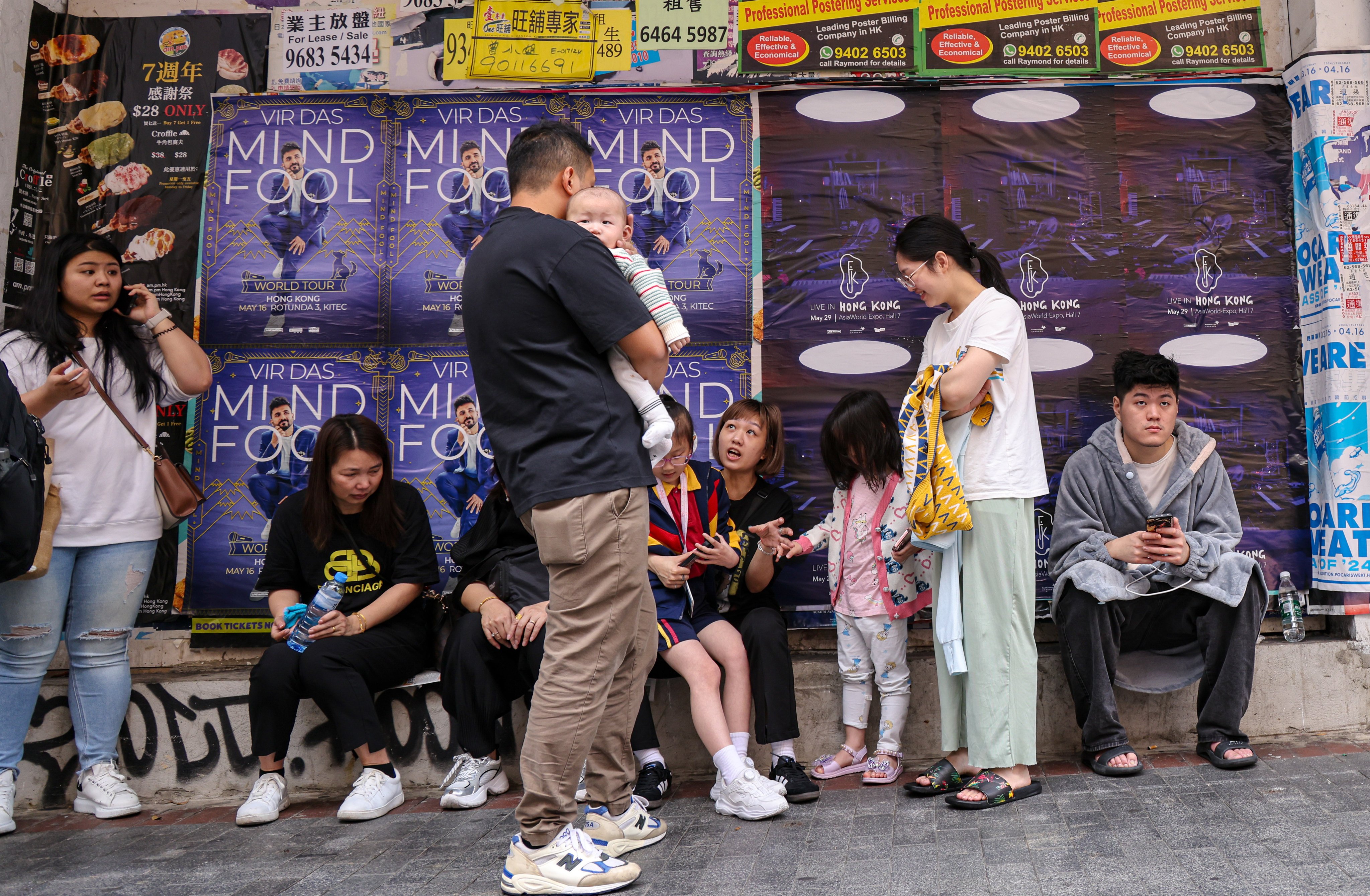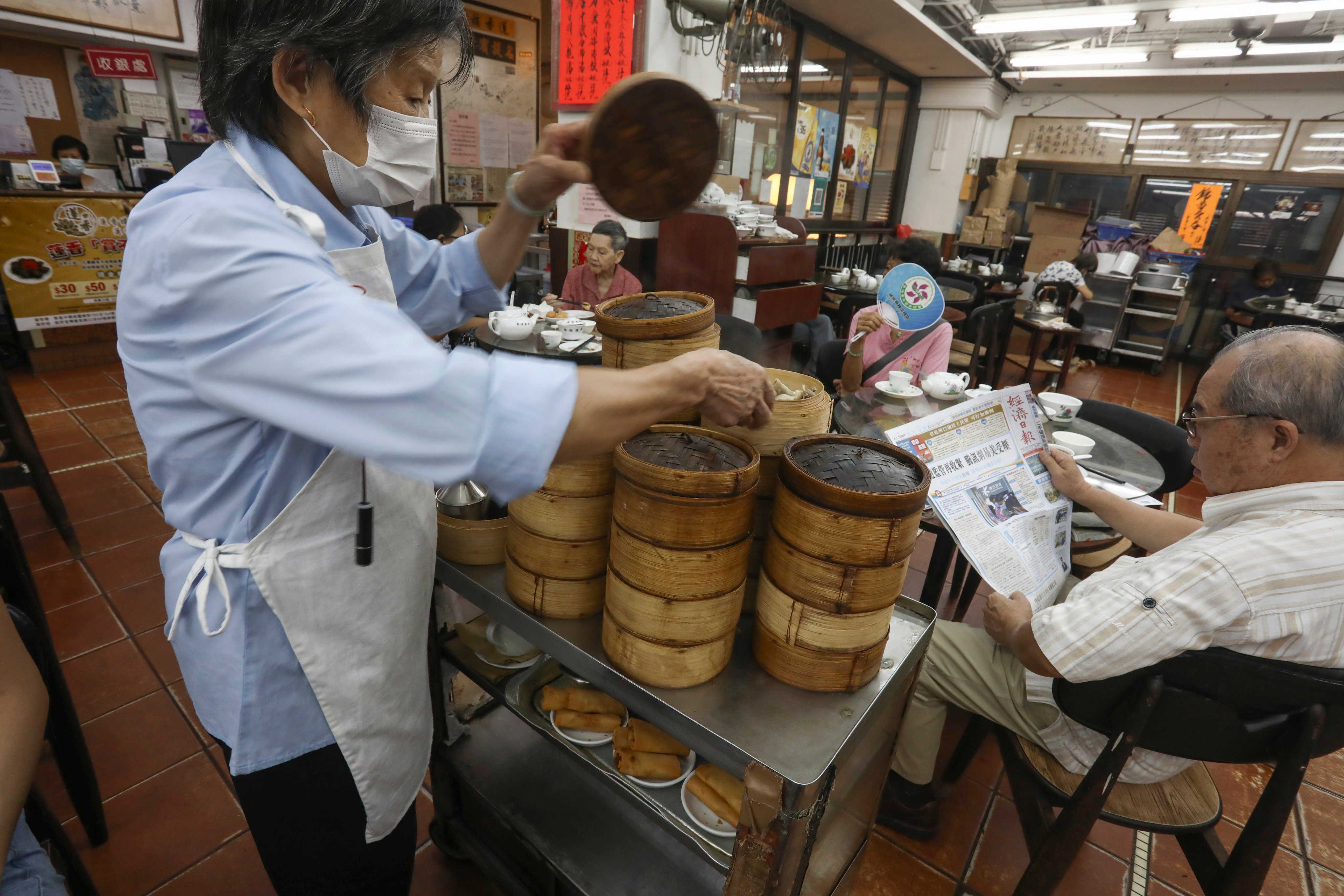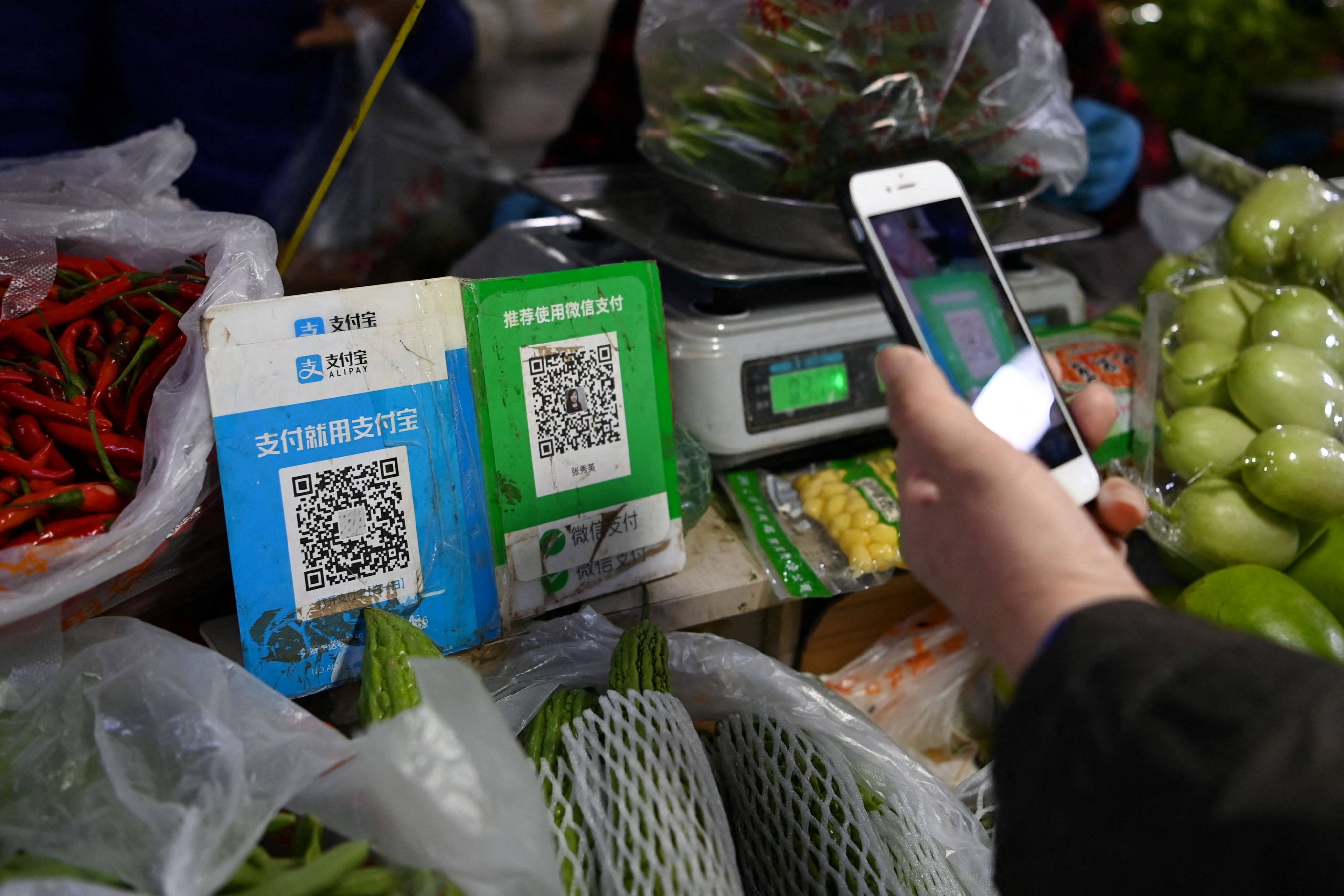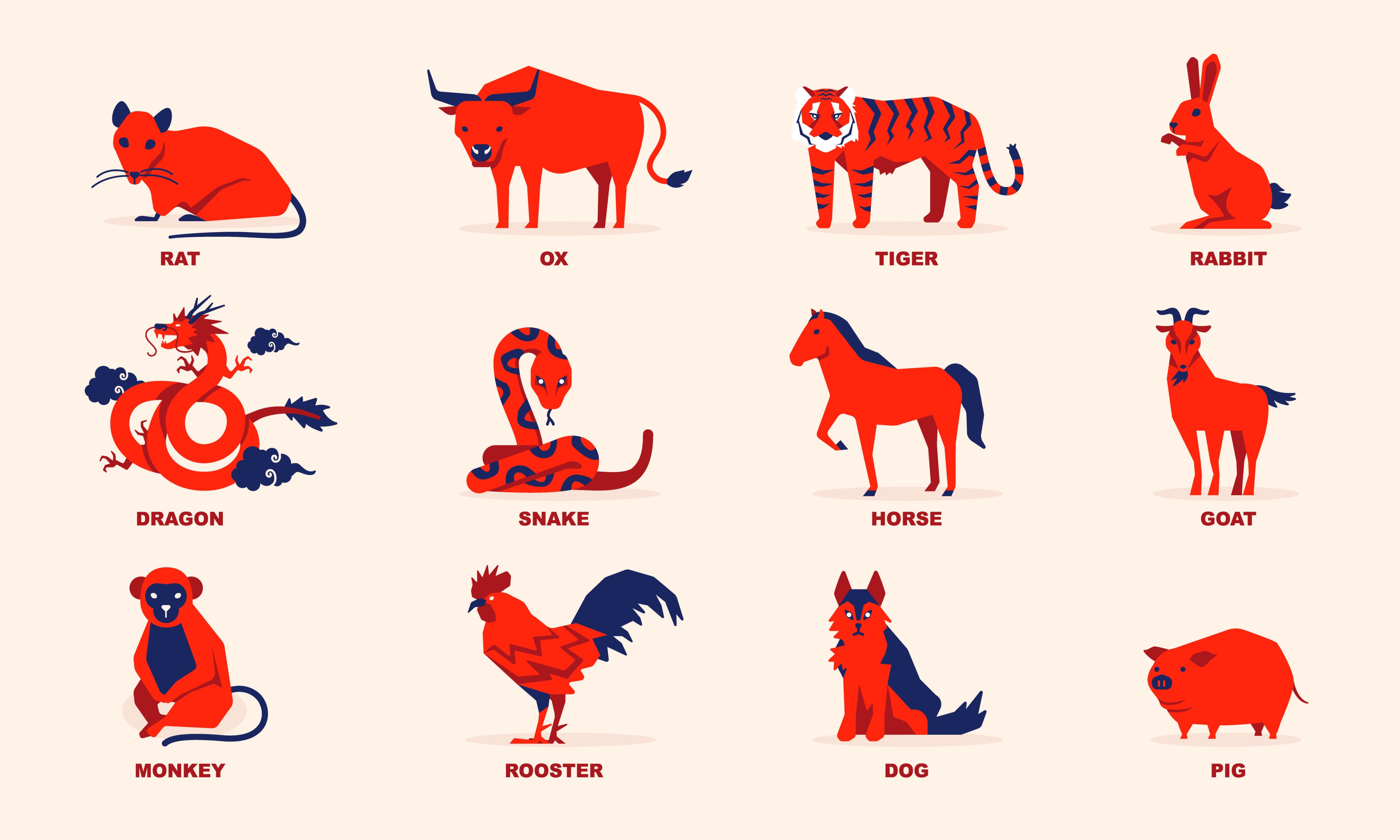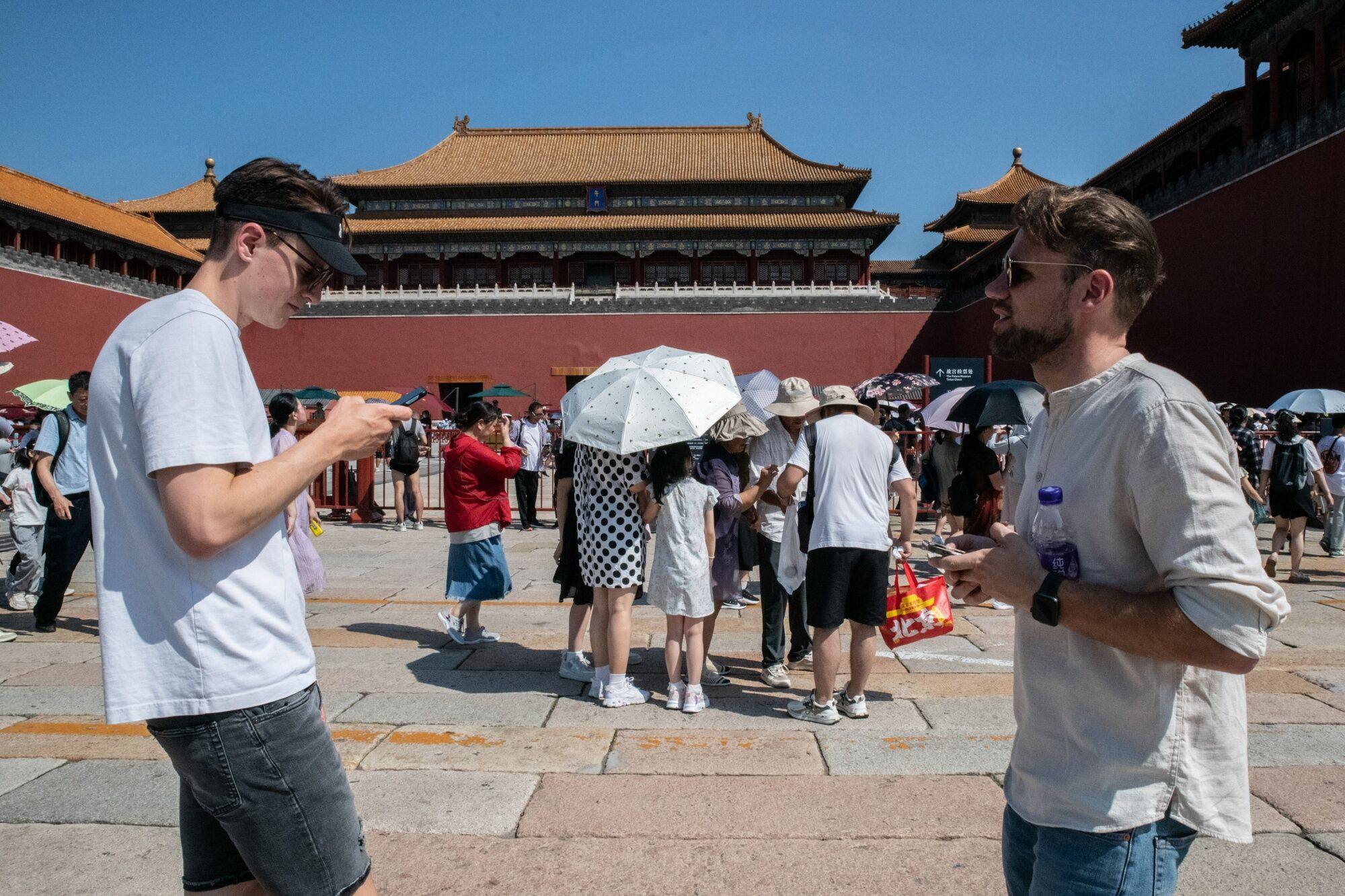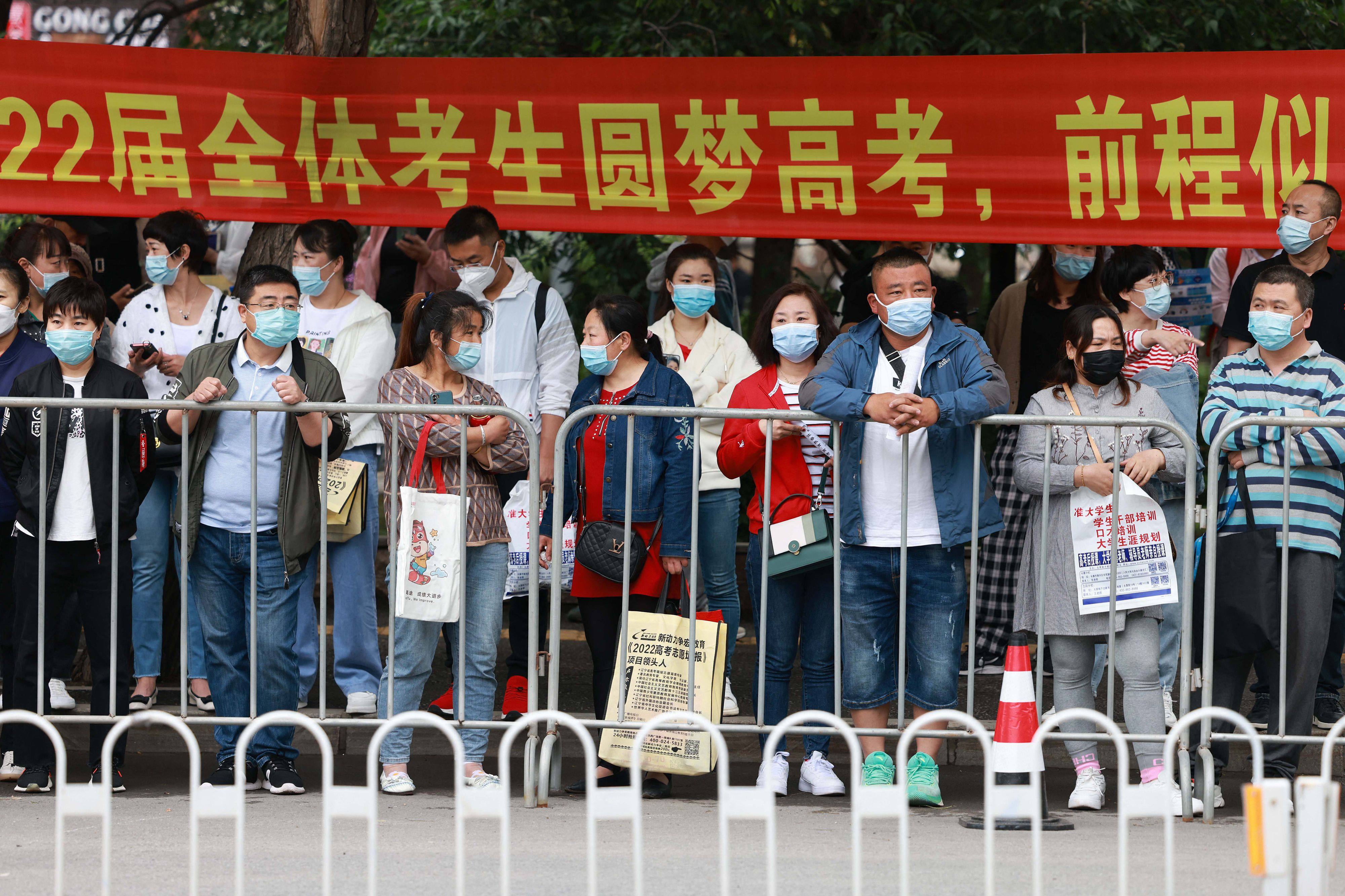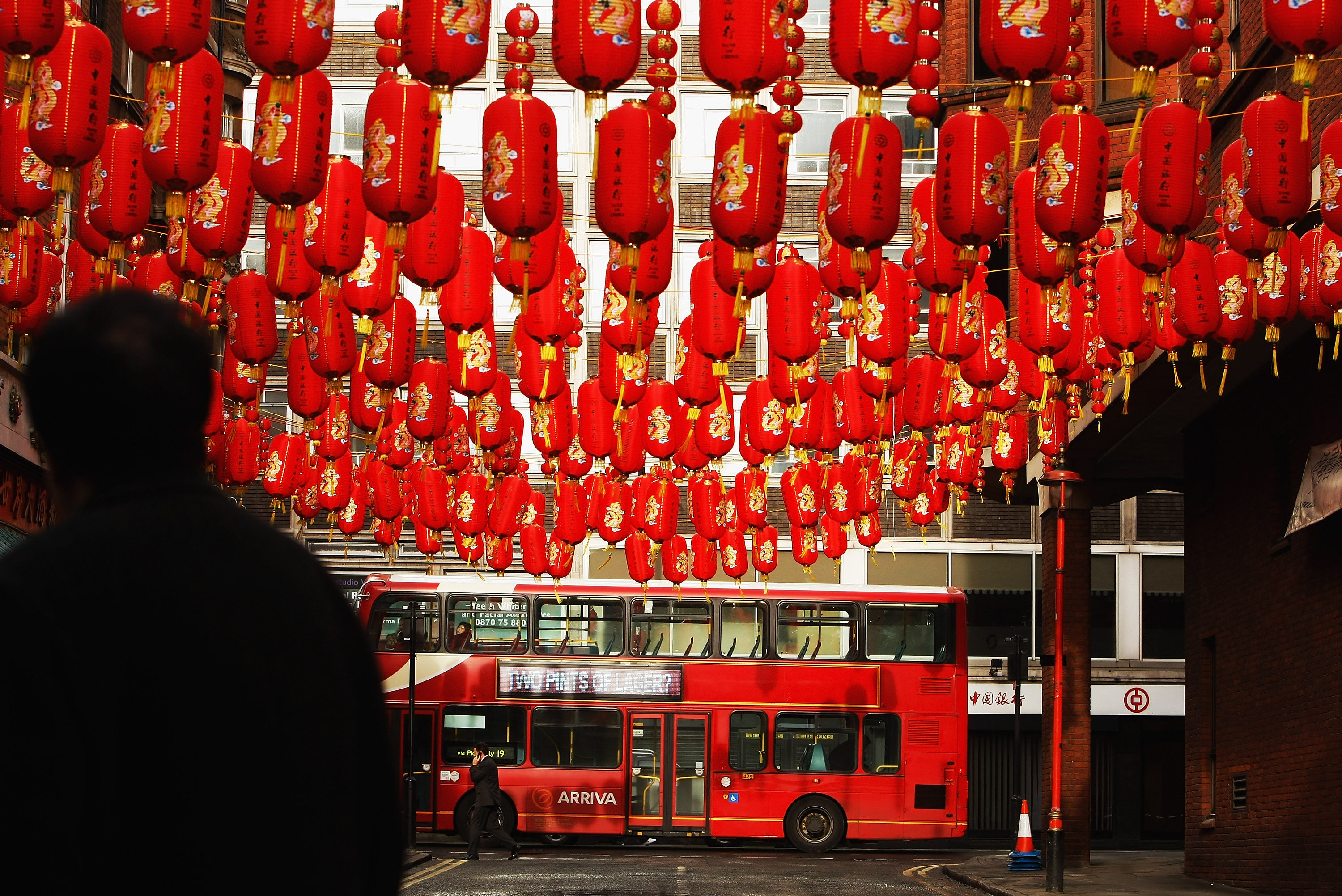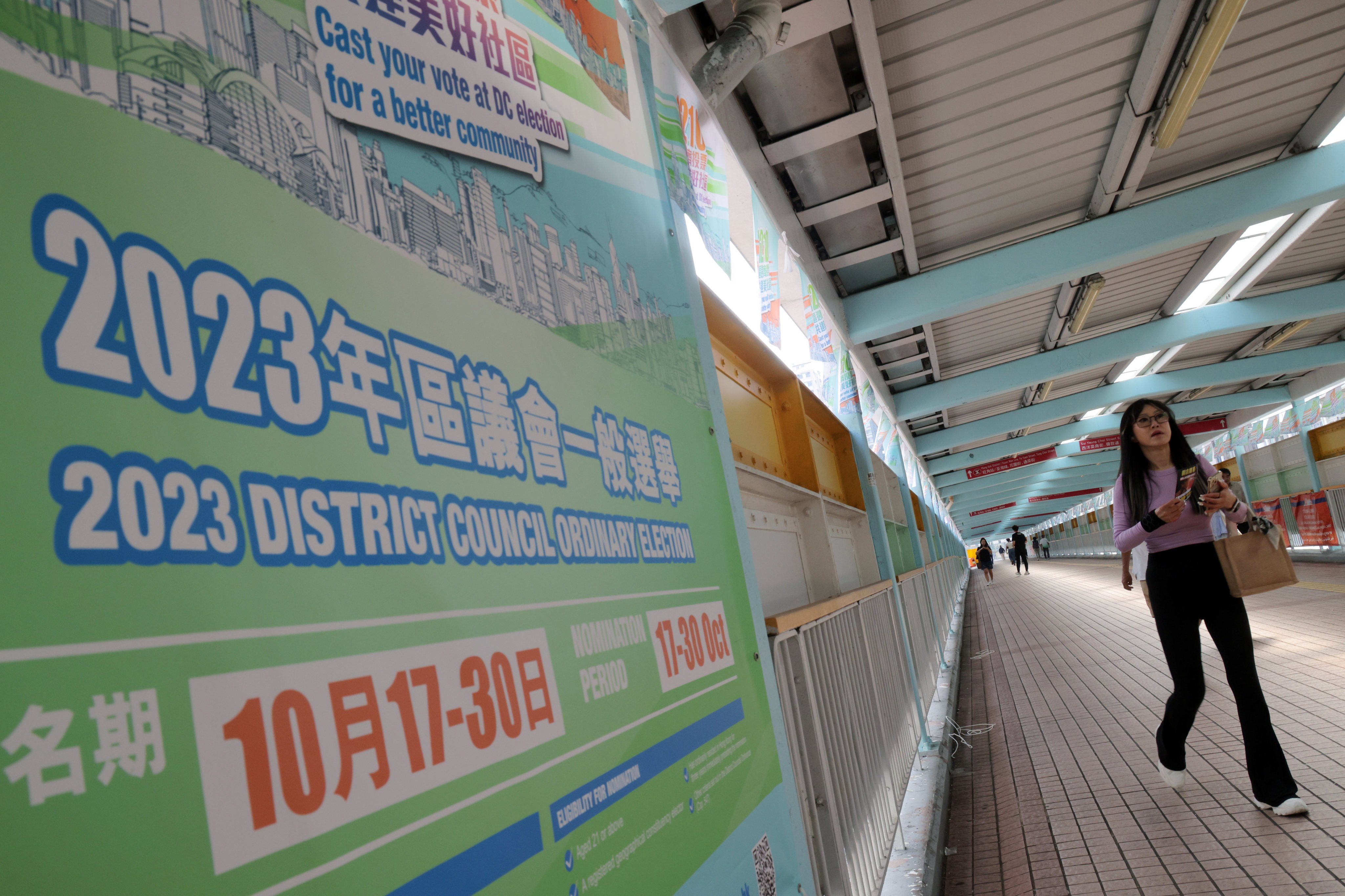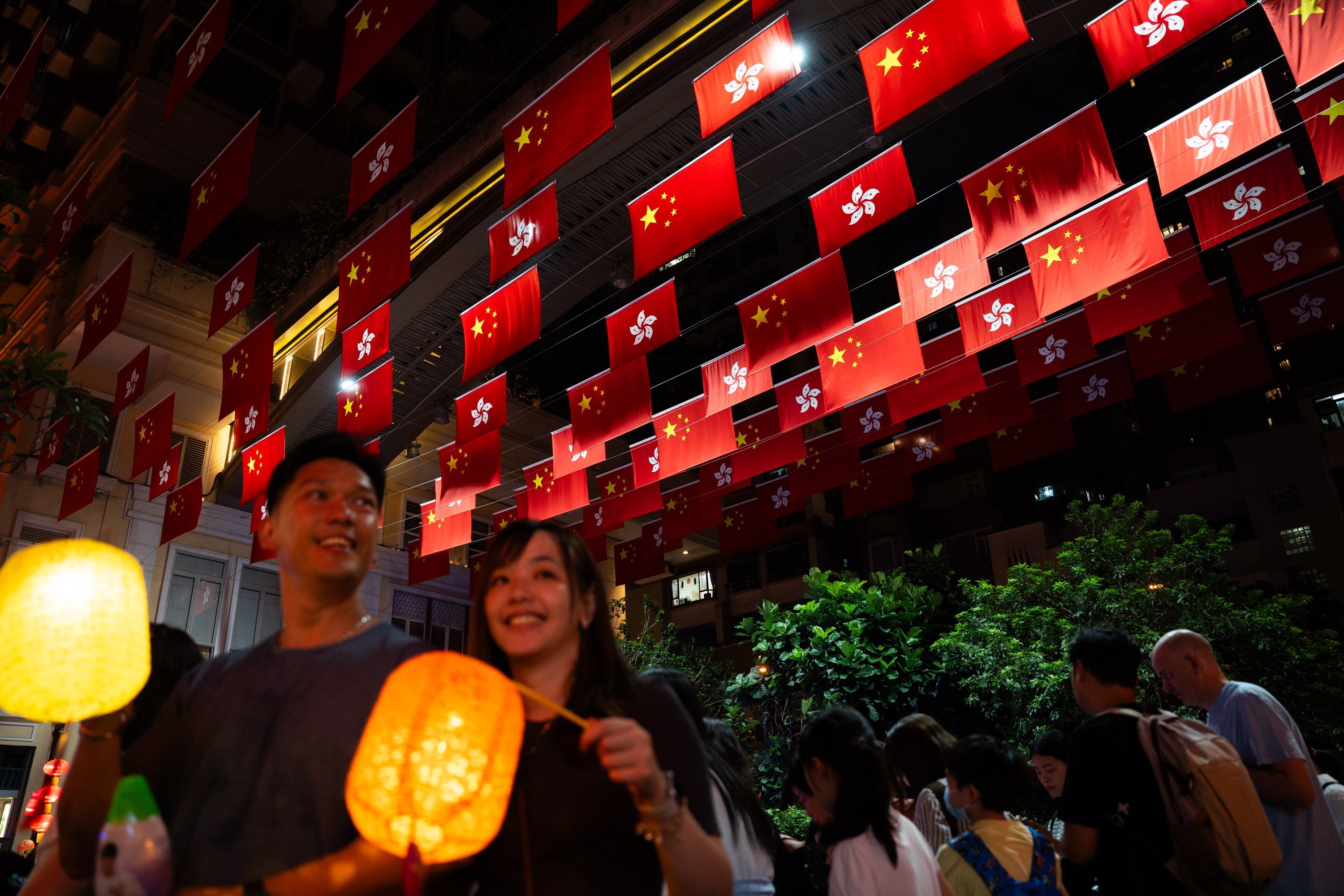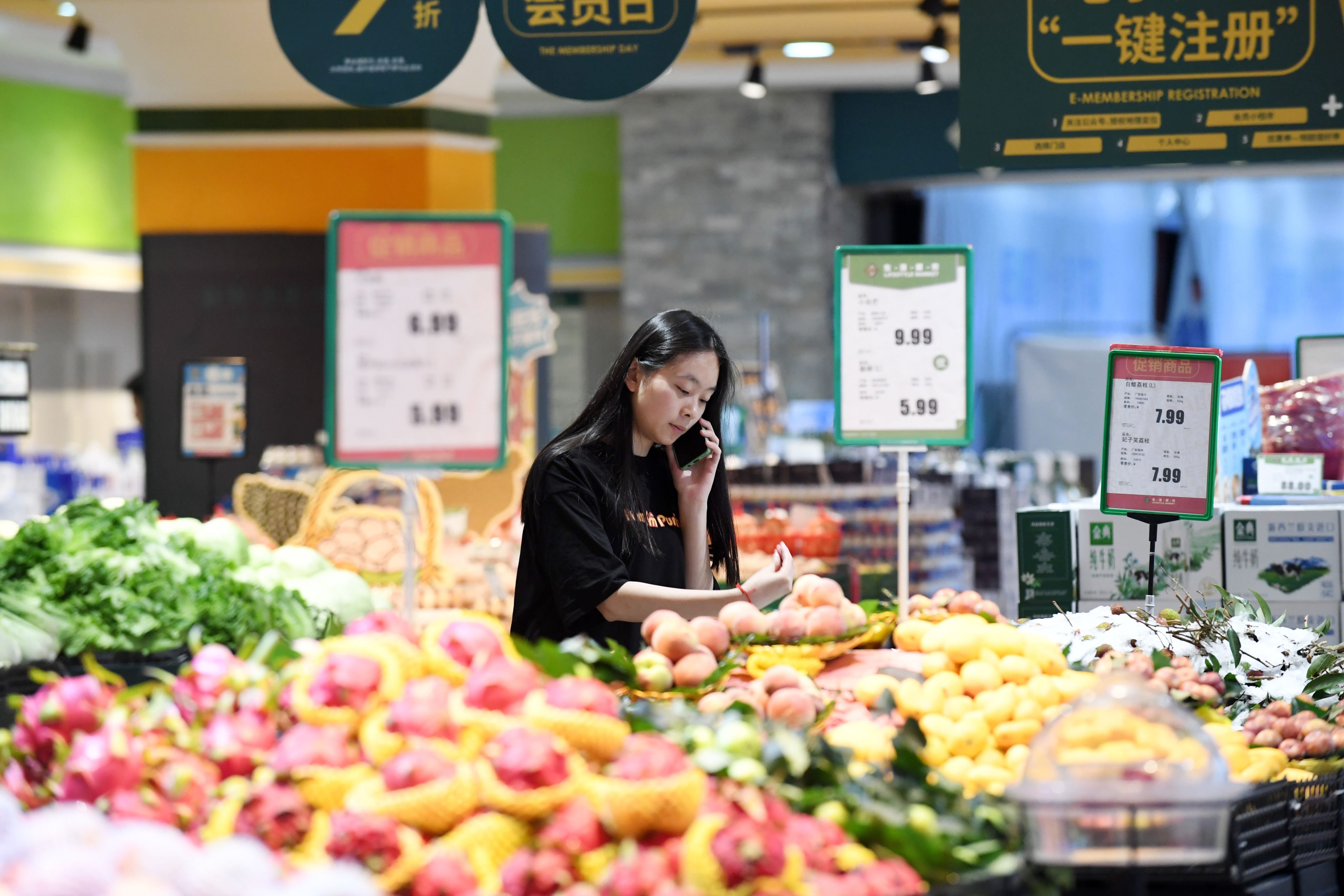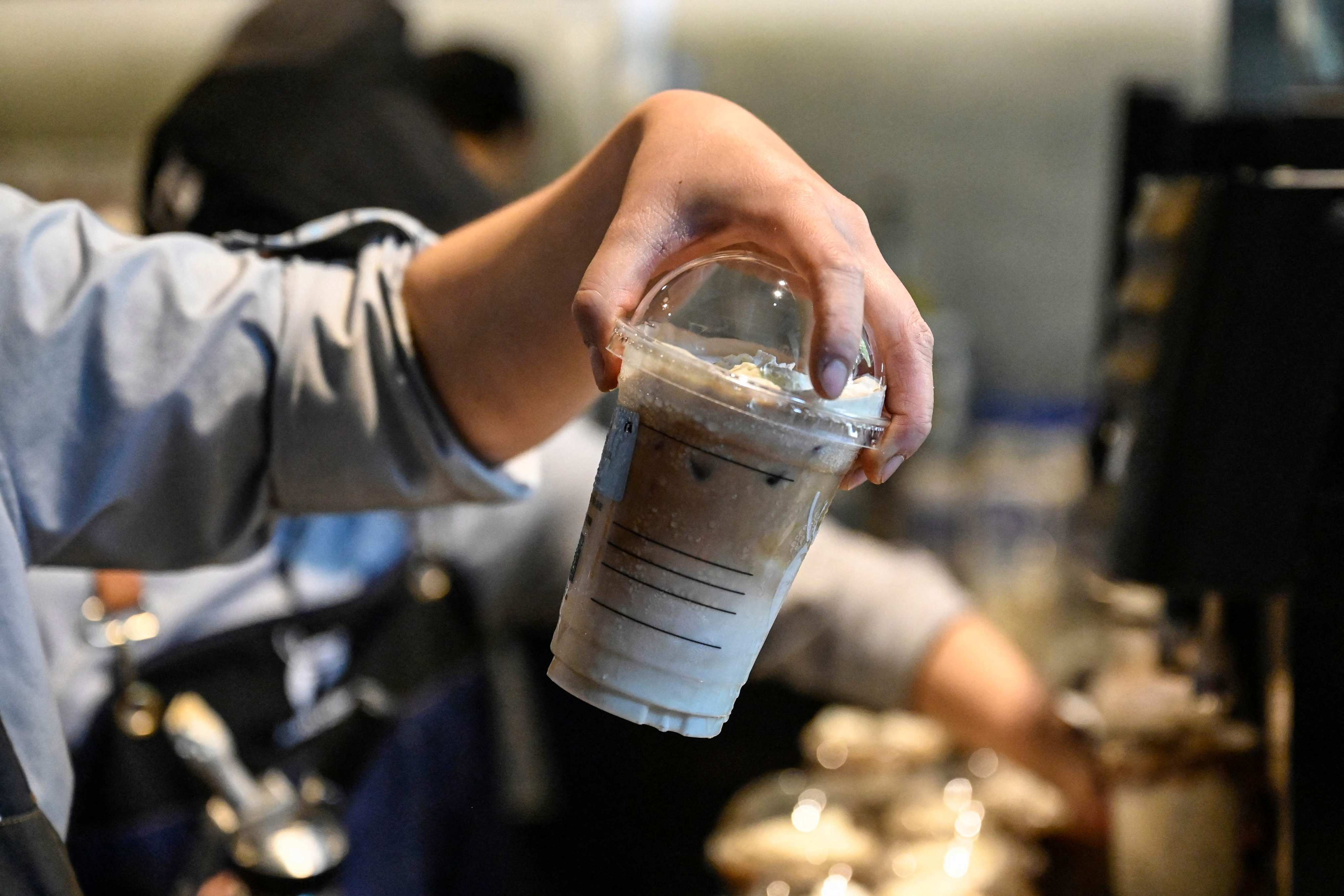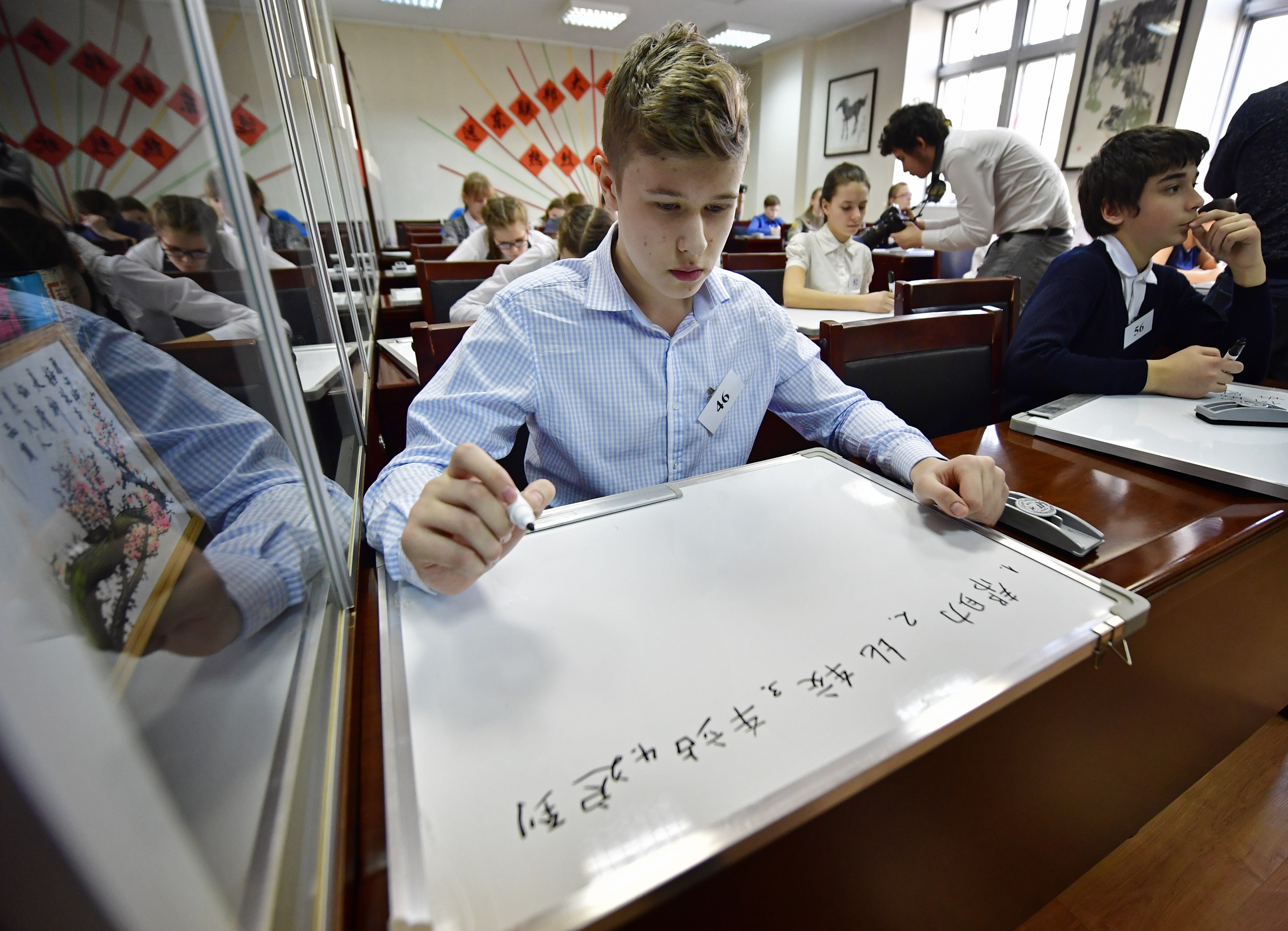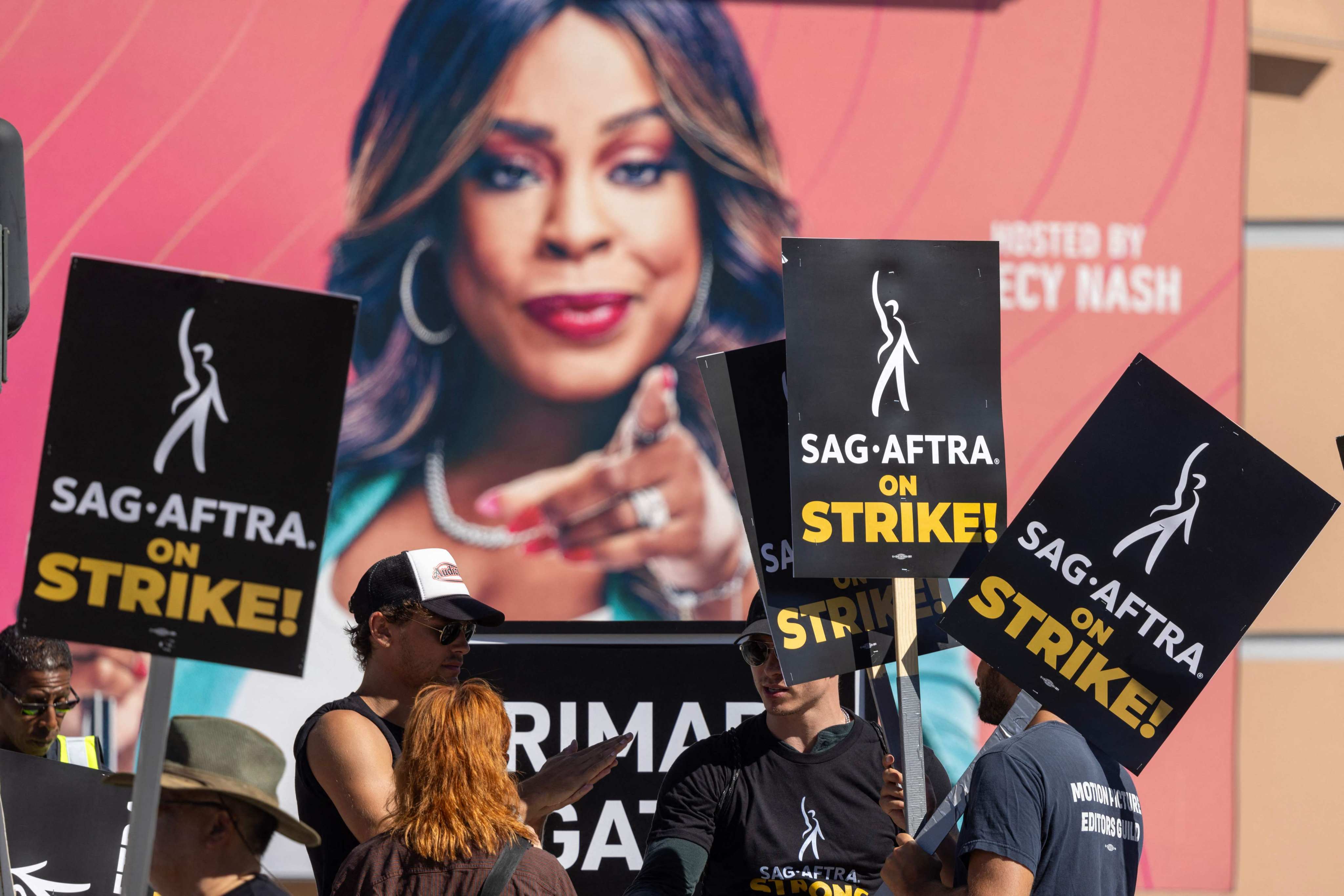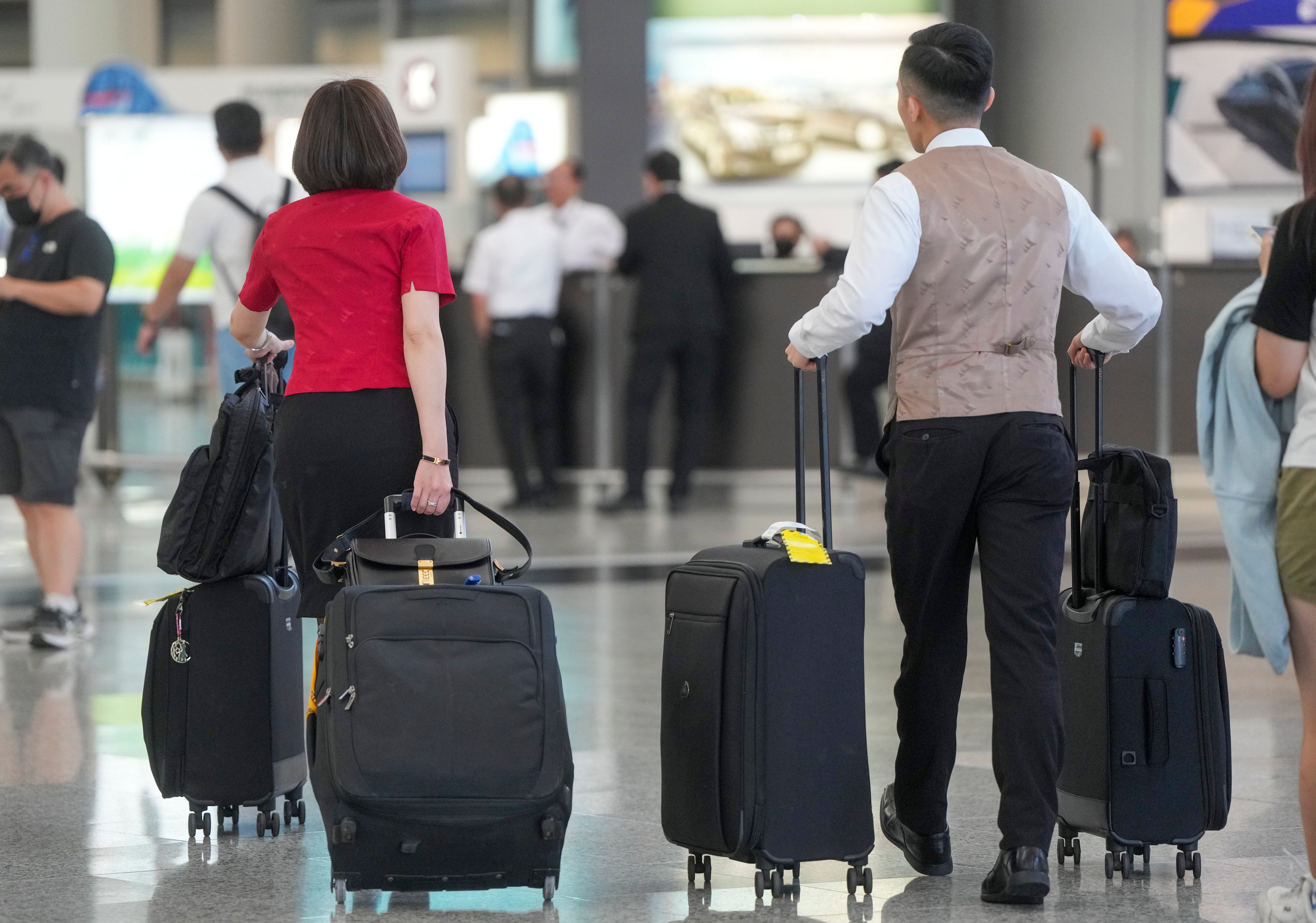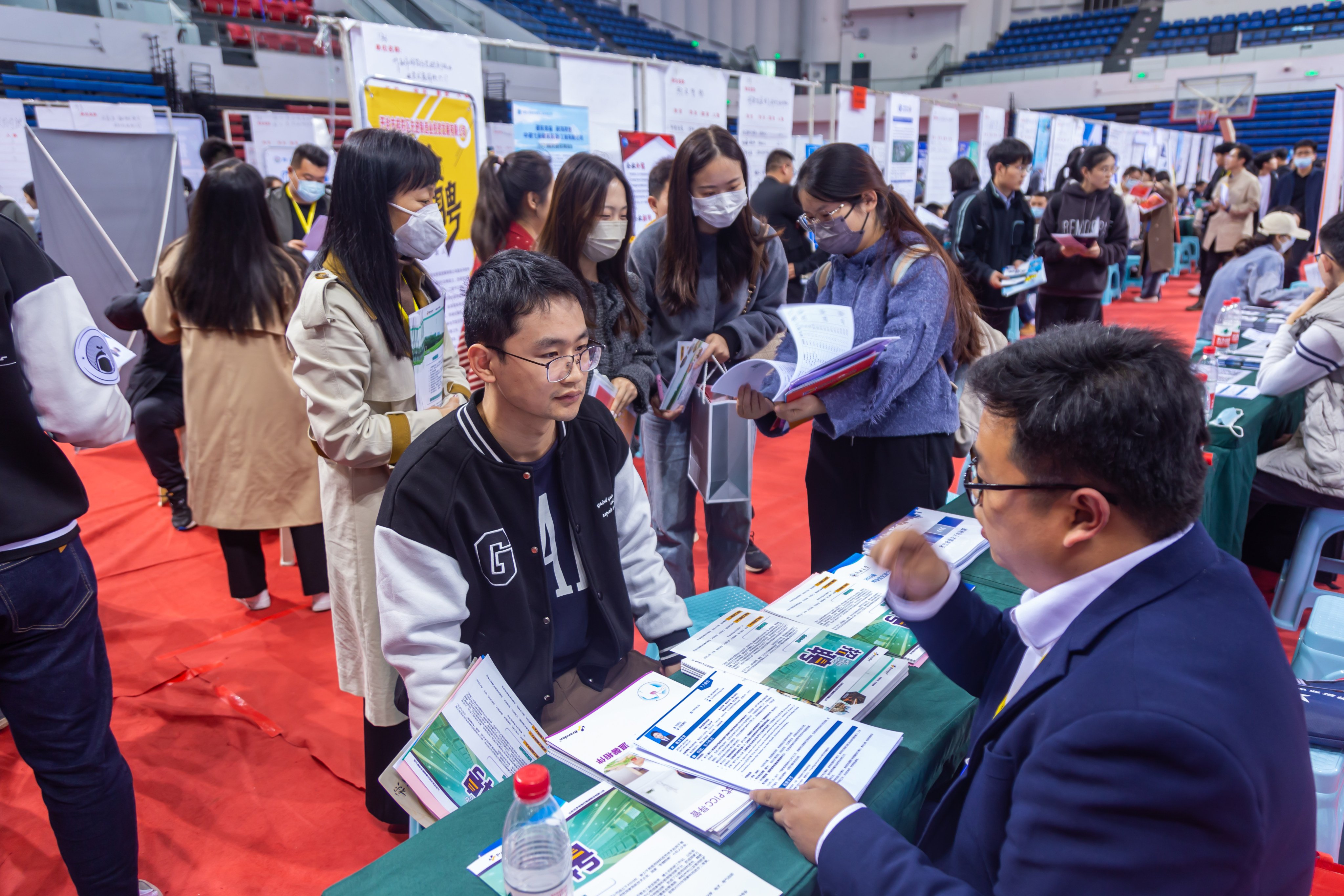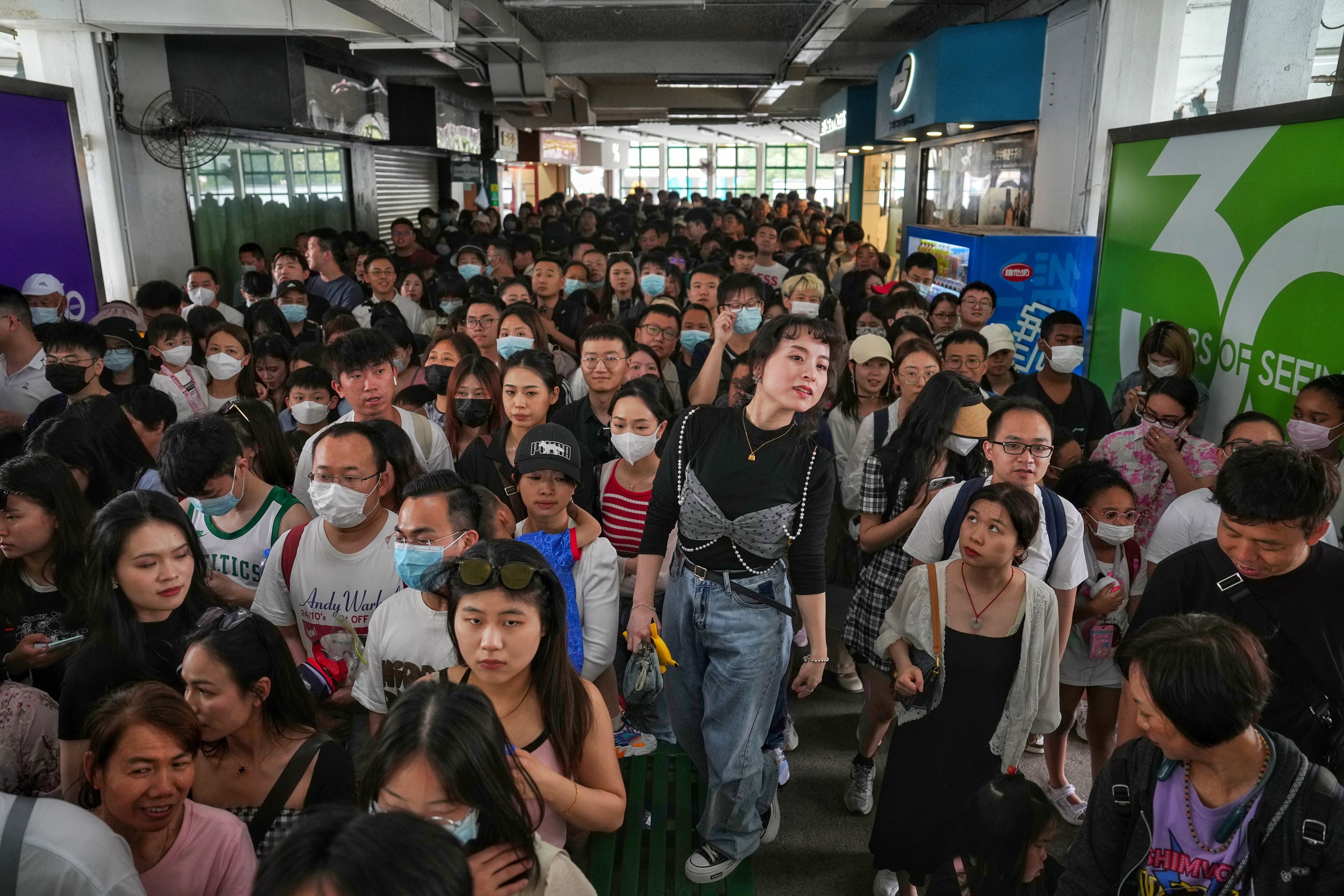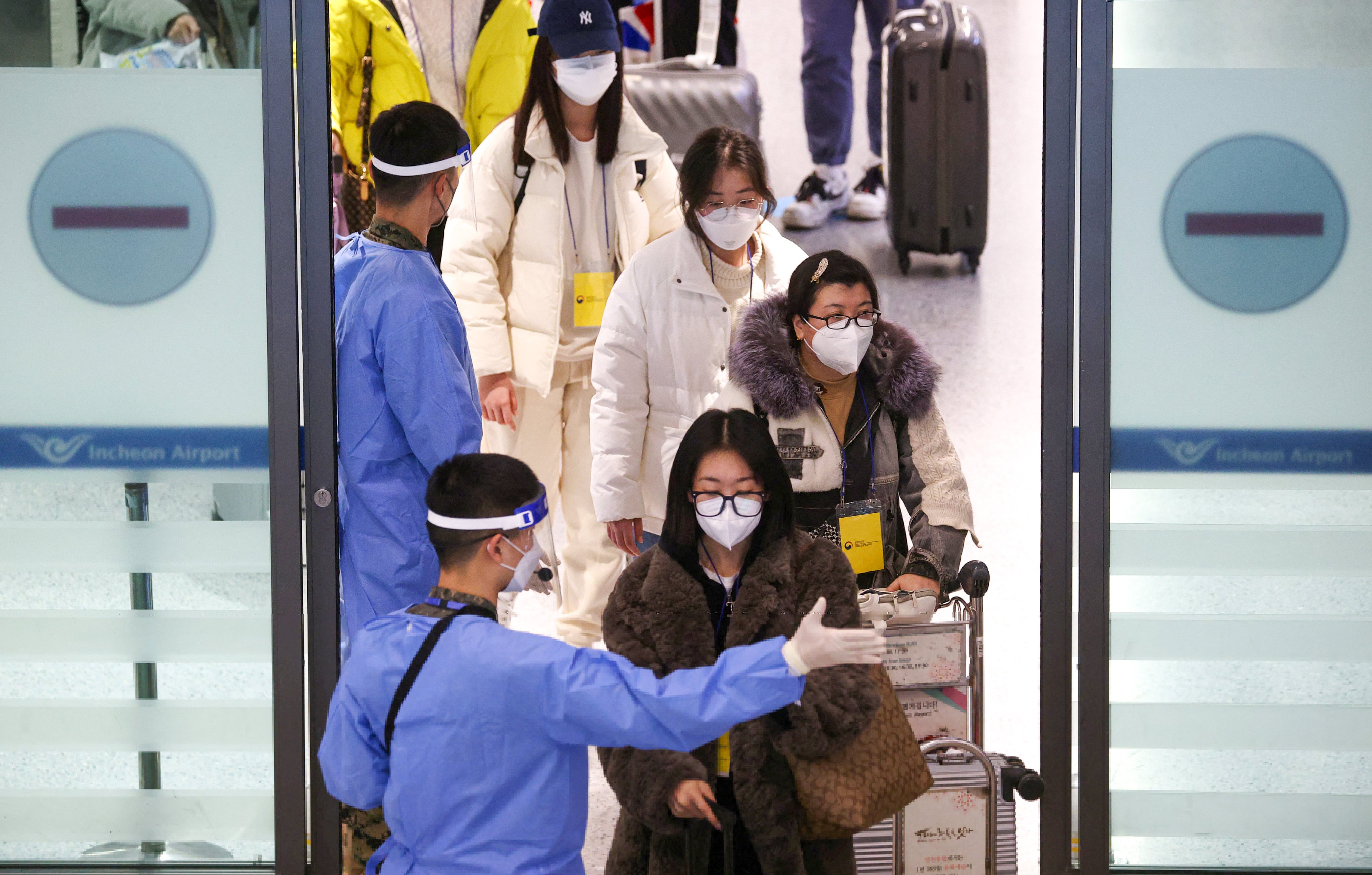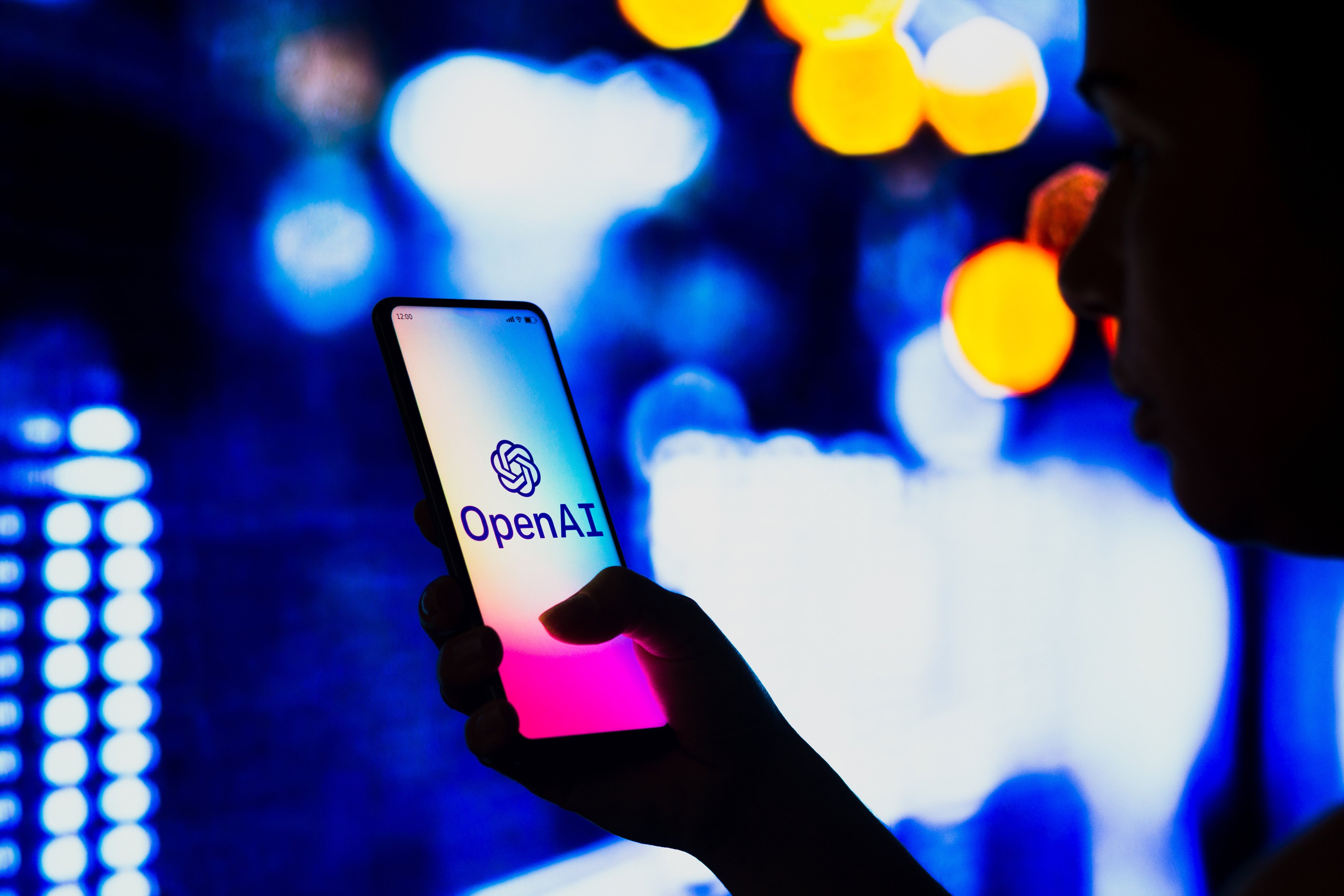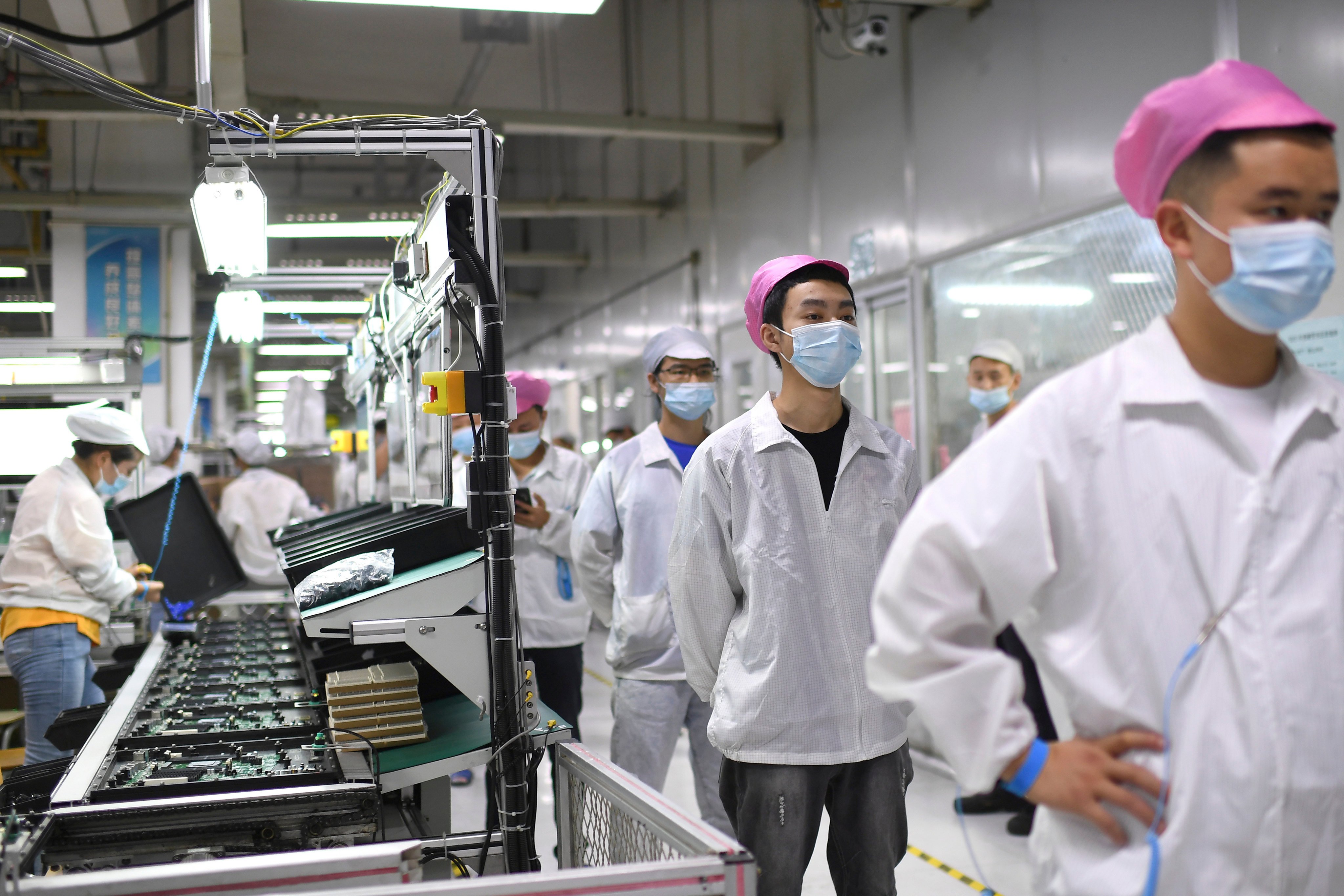Advertisement
Advertisement

April Zhang
April Zhang is the founder of MSL Master and the author of the Mandarin Express textbook series and the Chinese Reading and Writing textbook series. Over 20 years as a Chinese teacher, she has reinvented a different and a more effective way of teaching and learning Mandarin as a second language, and presented many papers at language conferences to share her experience. In 2021, she organised the first Chinese Writing Contest, inviting Chinese language learners worldwide to show their creativity and write something using 320 Chinese characters. April has a BS in mechanical engineering and an MA in cultural and literary studies.
The costly high-end project is out of place in a city where residents are grappling with rising costs and desperate for budget-friendly options.
While English is used in most global scientific exchanges, publishing more papers in Chinese could facilitate linguistic innovation and inclusion.
John Lee’s ‘Study in Hong Kong’ plan emphasises attracting students from belt and road countries. But it also implies controversial changes in universities.
While a couple’s nasty response to a reclined seat was unacceptable, an industry that has been shrinking space over the years must bear some responsibility.
Advertisement
Chinese may be growing out of their obsession with high-end Western brands, like how I outgrew my fascination with ‘decadent Western’ jeans.
Luban workshops teaching practical skills can shine where Confucius Institutes failed if they truly enable mutual exchanges.
The government must start reacting to new trends, such as the challenge of robotaxis and flying cars, or risk Hong Kong falling further behind.
While US interest in China’s ancient artefacts may be limited, more Americans might care if the narrative includes their efforts to return lost relics.
The expatriates and international travellers who went away have mostly been replaced by mainlanders – but hanging out in bars is a predominantly Western social practice.
The deadly blaze at New Lucky House that killed five people and injured 43 shows that fire safety laws will not save residents unless they are enforced. While amending the Fire Safety (Buildings) Ordinance is a good start, Hong Kong must also address residents’ economic woes and tensions among stakeholders.
The threat to the Hong Kong food scene stems from complex factors, which the Greater Bay Area guidelines do not address. Young culinary graduates are not working for old-school restaurants, and legacy skills are not being passed down.
The widespread use of mobile payment systems on the mainland is a convenient alternative to cash for workers, customers and entrepreneurs History may be repeating itself as China makes significant steps in digital currency and e-payment roll-outs before Western countries.
Rather than look towards foreign artists and celebrities, the government must ditch its shortsighted, utilitarian view of the arts and culture, and instead nurture genuine local aspirations.
Don’t take zodiac predictions literally or dismiss them out of hand. If we can understand the deeper message, we have the chance of a happier life.
In a soft power shift, the West is losing its goodwill grass-roots influence in China while China’s influence grows. More Chinese are going to the West to study and understand it – and returning.
In showing that rural life can be attractive and prosperous, Yunnan’s Xinzhai village is changing the narrative that rural life has to be hard, backwards and inconvenient.
By directing more young people to vocational schools, China is trying to meet future labour needs, particularly in industries where competition with the US is intense. Parents, however, will have to recalibrate their hopes for their children and how they define success.
A survey showing 99 per cent of newly arrived Hongkongers in Britain plan to stay permanently is not surprising, given the determination overseas Chinese have shown in the past. If they overcome their hardships, they can make a better life for themselves and teach valuable lessons to others.
With no presence in Legco and, soon, on the district councils, the opposition’s nomination failure is a chance to consider how they can better serve Hong Kong.
The government’s latest framework for patriotic education doesn’t address issues that hampered previous efforts in this area. The basis of people’s identity complex rests on their mixed feelings towards mainlanders and anxiety over the national security law.
These mostly only children are taking care of their parents’ needs instead of their own wants, as the priority shifts from passing exams to being of service to family.
Rather than just Kweichow Moutai’s latest sales gimmick, the Mao-tai-infused coffee could be the start of a cultural renewal that China badly needs. A cultural renewal can help increase China’s appeal to both its own people and the outside world, and this must start from within.
Whether in differing understandings of ‘democracy’, disagreement over ‘cold war’ or the outright fantasy of Chinese ‘colonialism’, words from the West have trapped China in a linguistic inferno.
It would enable them to better understand that attacking the means of production – AI, in their case – does not help their cause. They need to focus on the capitalists in control: the production companies.
The better treatment afforded to people who speak English is a reflection of a nationalist complex whereby Chinese people’s belief in their cultural superiority is entangled with a need for Western affirmation. For some Hongkongers, this is complicated by a sense of superiority over mainlanders.
A generation of youth has been intensely schooled by private tutors and pumped up by parents’ expectations. The result? A mismatch between the jobs they want and the blue-collar jobs that need filling.
A legislator has suggested that the city should chase the medical tourist dollar, like Thailand and Singapore. But given the long lines of tourists and epic waits for medical attention in public hospitals across Hong Kong, it is hard to see how this would be viable.
The decision of some countries to impose entry restrictions on Chinese travellers amid a rise in Covid-19 cases in China has upset Beijing. The pandemic in general, and travel in particular, are issues on which solutions can be found relatively easily, which could be a source of goodwill amid larger tensions.
Artificial intelligence has demonstrated its potential to replace a host of professions beyond manufacturing, such as knowledge workers and artists. Knowledge is power – only now, it is AI that is the most knowledgeable and its ability to learn seemingly has no limits.
Talk of great power rivalry with the US makes China look strong and powerful, but recent unrest at Foxconn’s Zhengzhou factory shows a different narrative. China is not yet on an equal footing with the US: while it struggles to develop its hi-tech prowess amid US restrictions, it must protect its vulnerable position in the global supply chain.

